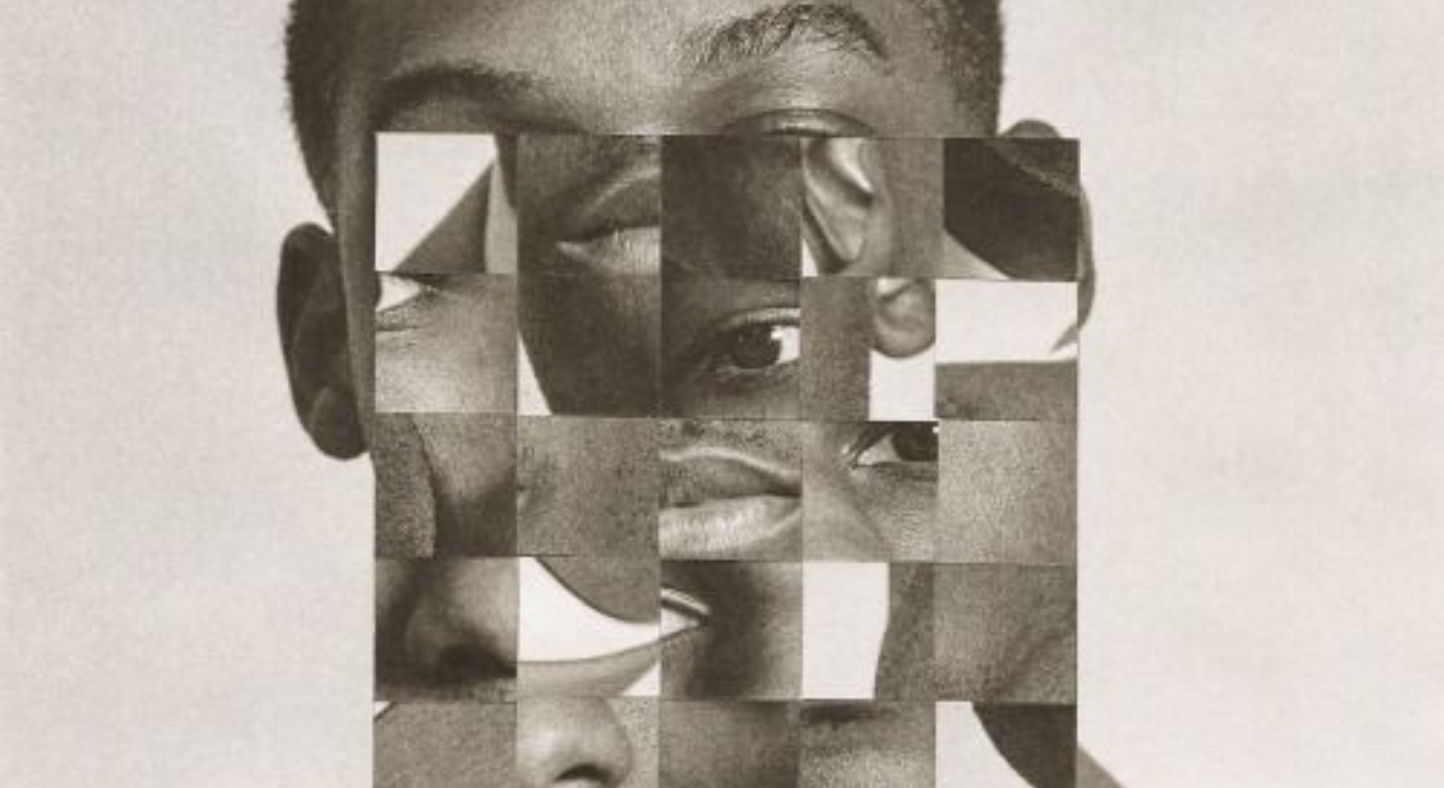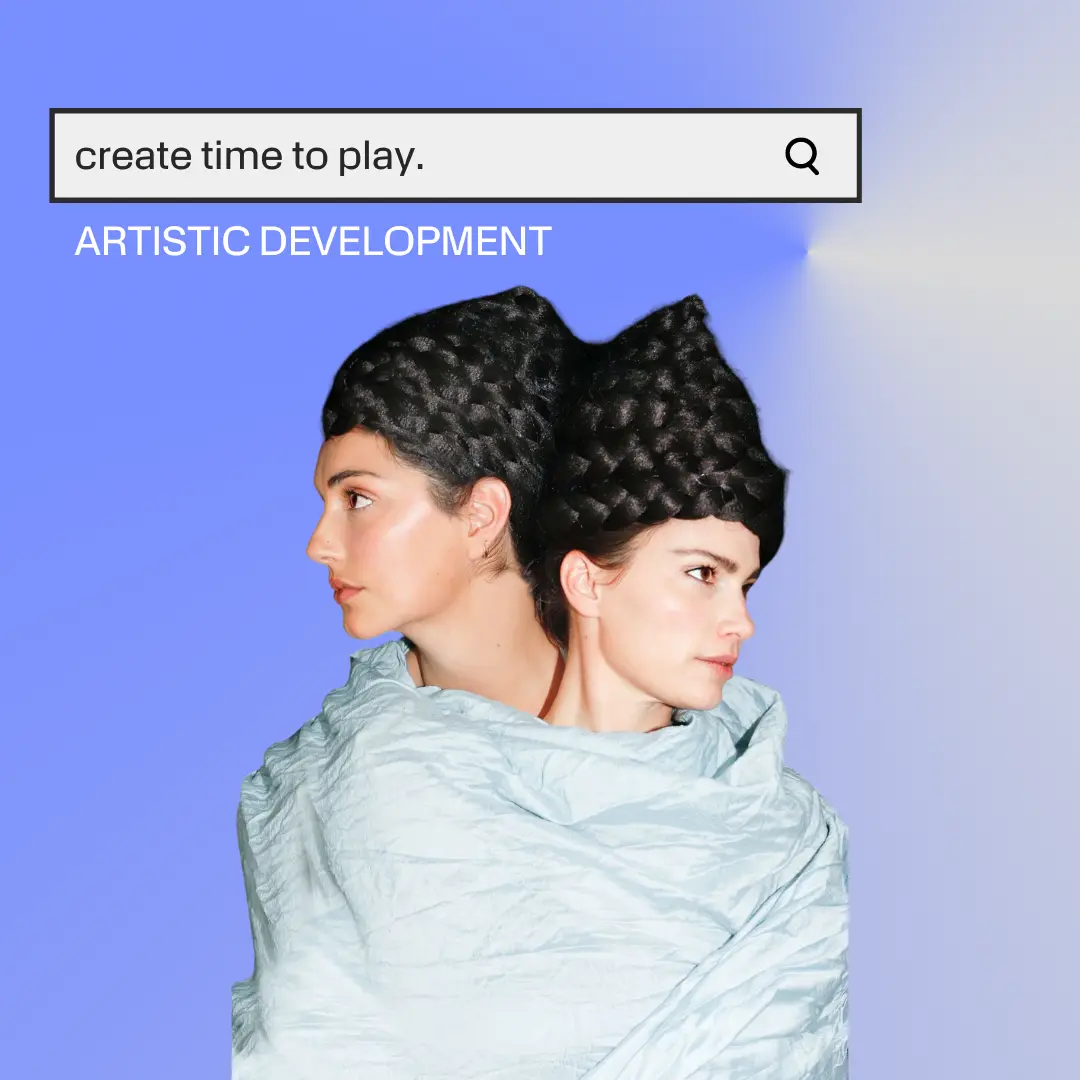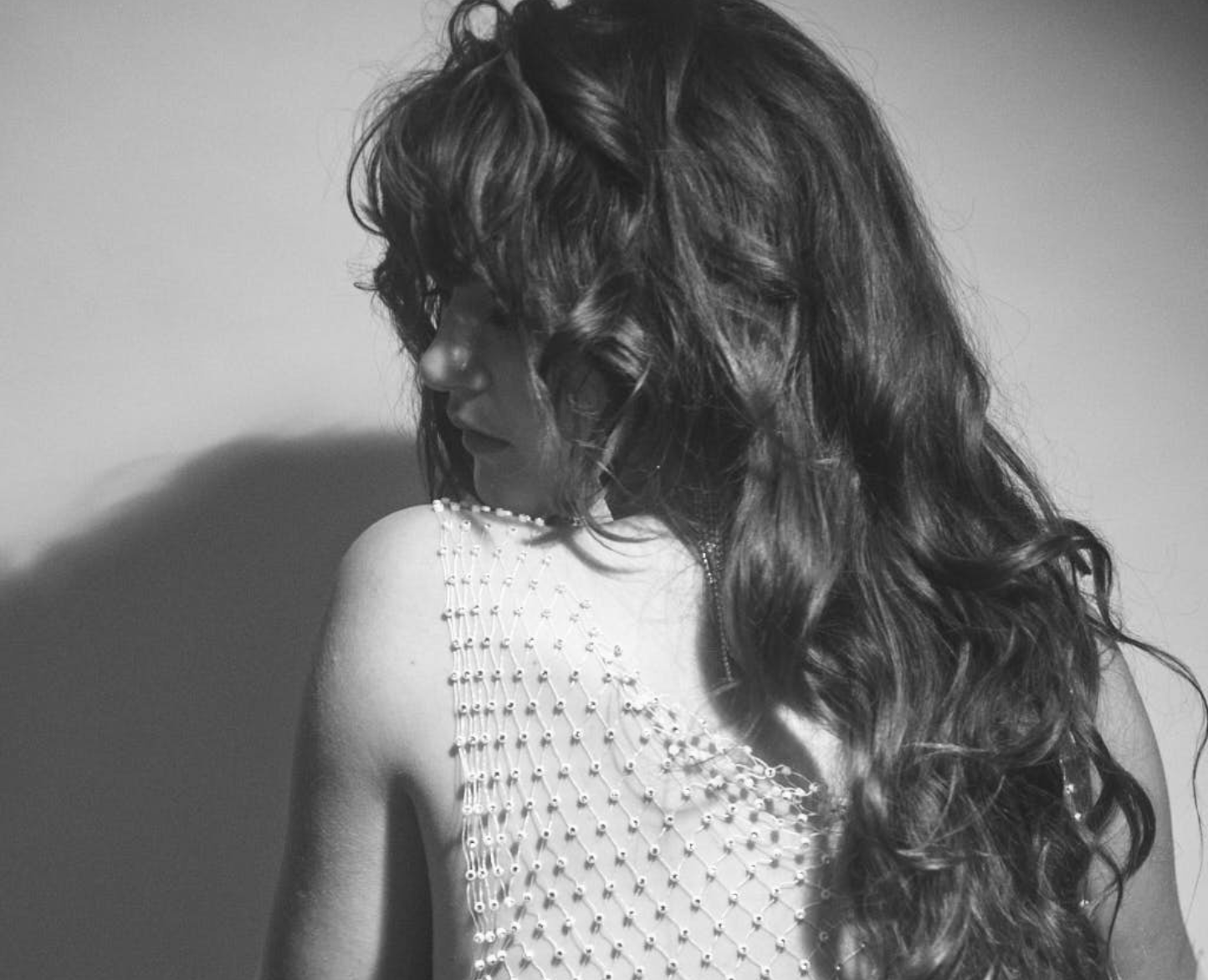Creative or crazy?
A catch-22.
“Is bipolar a sign of genius?” is the most googled question about the disorder, likely searched by people who have it, in the midst of a manic episode. However, the relationship between bipolar and great creativity has long been explored. Recent studies have found that the disorder is predominantly caused by genetics, passed down through the very same genes that are related to the process of creativity.
To give you a bit of context: I’m a writer and I’m bipolar, or better yet, I have bipolar.
I can’t stand when people say, you are bipolar. I mean, last I checked, I am human. I just happen to have this infuriating head noise issue that some French guy in the 1800s, Jean-Pierre Falret, first referred to as “la folie circulaire,” or circular insanity. We’ve now coined this lovely little term bipolar, that tiptoes around everyone’s feelings. Not those suffering from it, we know what we have and circular insanity feels pretty spot on, but we like to keep those around us comfortable so they don’t ask too many questions.
I much prefer its previous name: manic depression, the words bounce off each other in an artfully literal expression. Manic. Depression. Manic. Depression. The words themselves describe the process of having the disorder, it’s very clever.
For anyone living under a rock, bipolar is a psychiatric illness characterised by both manic and depressive episodes. I spent years thinking I had depression, an issue with self-control and a mercurial temperament. It wasn’t until my first manic episode in which I dropped out of university to become a world-renowned furniture maker (with no experience or any prior interest), it was evident to those around me that something wasn’t quite right—so at 19, I was diagnosed with bipolar type II.
Something that has always been apparent, and that I have always struggled with, is that I write best when I’m hypomanic.
However, there always seems to be a bit of a tragedy gnawing at the edges of my blazing charisma during these episodes. It comes with the territory of burning the candle at both ends, or at least, at a rate that is simply unsustainable. So, when you have made a career out of your creativity, how do you navigate those low periods when getting out of bed and eating seems a mountainous challenge, let alone finding the inspiration to create something worthwhile?
We often hide our struggles from our employers, as well, for fear of the reductive scrutiny that comes from a culture of disparaging ignorance. It’s easy as a society to define a person by their struggles and/or shortcomings, as a result, people suffer silently, safe in the confines of their own psyche. But to judge one’s struggles is not only a failure of basic human compassion, it is a failure to see the brilliance that can also come from them.
This isn’t to say that I am one of those people that is grateful for my bipolar, I’m not. I know some people are; people have come out thanking their illness for allowing them to create and maybe mine has, I don’t know. But it has also made socialising, relationships, and well, simply existing… pretty difficult. So no, I am not an appreciative bipolar sufferer. However, I am someone that believes that overcoming difficulties, handicaps or struggles can be utilised to improve oneself. So, I do believe that having something bad can be good but that isn’t to say that the bad thing is good.
Confused yet? I am!
I wrestle with the destructive relationship I have with my manic self. It’s like an elated sense of effervescent madness; my social anxiety dissipates and I become outgoing, funny even. I demand attention when I enter a room. It even manifests physically or very vainly—I am beautiful when I’m manic, my hair, my skin, my body—beautiful! My imagination and subsequent inspiration fires into overdrive. Manic me is a nymphomaniac, alcoholic, shopaholic, a foul-mouthed fucking comedian.
Bipolar type II is characterised by shorter highs and longer lows, I can feel the low coming. I start to notice all of the horrible and heart-wrenching things happening in the world around me, my egotism subsides leaving a bunch of unfinished projects in its wake and an overbearing sense of failure. My creativity walks out the door, and I am leftstruggling to string together a simple sentence. On the days when I do manage to get out of bed and go to work, I sit at my desk, hoping that my brain decides to get back in my head so that I might hold onto my job.
I know, I know, I can hear some of you through the screen saying, “Medication would help.” I can tell you now that there is nothing creative or inspiring about bipolar medication. It’s confusing and murky. You spend most of the time trying to work out who you’re with and where you are, with little room for anything else. Cognitive Behavioural Therapy was a bit of a fucking joke, too, having a psychiatrist tell you the answer to your problems is to simply do the opposite of what you feel like at the time. “You know when you don’t want to get out of bed, why don’t you trygetting out of bed,” and, “You know when you feel erratic like you want to engage in risk-taking or sexually deviant behaviour, why don’t you try going to bed?” Umm yeah, thanks for that, I’ll be sure to give it a go.
I know for many, one or both of these treatments may have worked, so please don’t let my account be disparaging. Personally, I am yet to find the best treatment for me and am happy for those who have found something that works.
I am not sure of the answer to my initial question, I wish I was. It may lie in a shift in societal conceptions of mental illness. It may be that those who suffer must foster their inherent talent beyond their illness. I don’t believe that having bipolar implies creativity by itself, or that every creative has a predisposition for bipolar. Every journey is different and navigating this tumultuous landscape will depend on the individual.
For me, I will wait for that manic whisper to creep in, telling me that I’m a fucking goddess, that one day I will be the best damn author that ever lived, that one day they will write books about my fucking book—when that happens, I will revel in my crazy creativity.





















